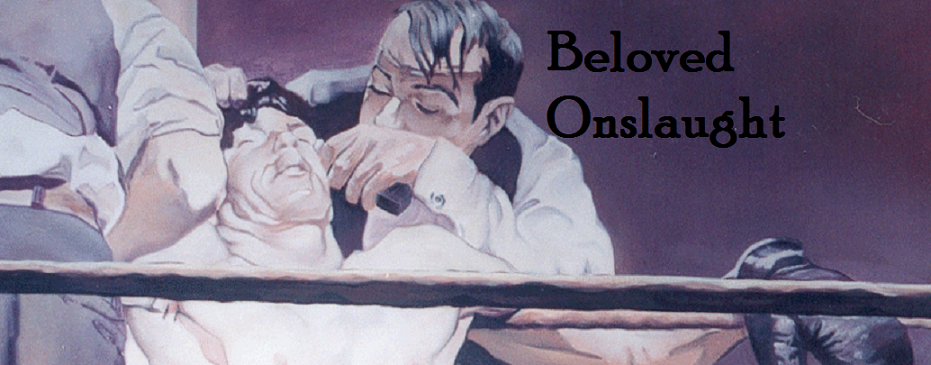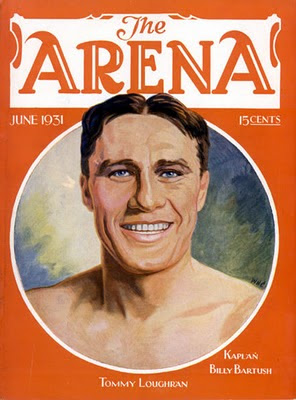There's Philadelphia, the historic "City of Brotherly Love," and then there's boxing's Philadelphia - the city with an unquestionable penchant for producing the type of fighters that laugh off blood and smirk at guts.
But the industrial apathy of early 20th century Pennsylvania gifted the boxing world with one of the original "Philly fighters," Tommy Loughran.
He doesn't quite fit the schema of the brawling boxer we're used to hearing about; Tommy was actually much more defensive-minded stylist than say Matt Saad Muhammad or Joe Frazier, to put it lightly.
However, Loughran was a legitimate professor in the ring. The issue was simply that it wasn't often thrilling, and he is regrettably shortchanged for it as time goes by.
Even in 1928, essentially Loughran's prime (or close to it), the Springfield Republican stated, "...for years Loughran was regarded as a colorless, uninteresting sort of fighter. He is a fine looking chap, of wonderful physique and handsome features, but he couldn't hit a lick on earth, and he was given to defensive tactics to a degree that was positively annoying."







